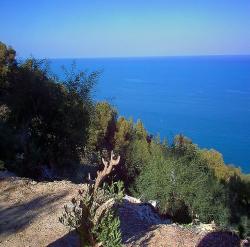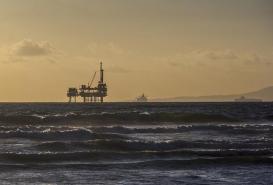SpiceJet, the Indian discount airline, announced that it will be introducing three weekly direct flights from it base city Ahmedabad to Muscat in Oman as of August
The airline will be using the Boeing 737-800 for the routes, which has a capacity of 189 passengers in economy class, and flights will be available on Monday, Thursday and Friday.
The Oman Airports Management Company is taking actions to improve services and facilities at Muscat International Airport where SpiceJet will be landing from Ahmedabad. OAMC said tht the number of passengers processed at Muscat International rose by 10 percent during the first six months of the year to a healthy 4,122,700. Civic aircraft movements also rose by about the same margin, reaching 39,854 aircraft going through the airport.
OAMC is working hard to create the necessary facilities so that they will attract more air traffic, more airlines and more people in general to the Muscat International and Salalah Airports.






